This is not science fiction or a glimpse into the future, but reality at the Henn na Hotel at Maihama Tokyo Bay, as detailed in The Hotel of the Future by Villeroy & Boch.
It’s not just hotels. Automated interiors through the Internet of Things (IoT) in the home – called domotics (literally ‘home robotics’) – are rapidly growing in popularity, and your options are not limited to asking Alexa to play ‘Despacito’.
From grilling food at your next barbecue to vacuuming your floors, smart systems and smart devices are changing the way we navigate our daily lives. While many smart home devices are controlled with tablets or smartphones, people are also starting to use central operating hubs via smart speakers, such as Amazon Echo.
‘Smart home’ devices are older than you think. The X10, launched in 1975, was a communication protocol for home automation device control – versions of it are still used. Today, the major players are Amazon, Google, and Apple. (Along with other emerging companies, it may seem like you have too many conflicting choices, and indeed, compatibility – or lack thereof – with multiple systems is a concern that many share.)
Convenience and luxury aren’t all there are to it. Automation can regulate energy use – a considerable generator of savings – and be helpful for people with disabilities. A significant number of managers and business leaders in mid- to large-size commercial facilities view energy efficiency as a proven operating and investment strategy. Home automation itself could cut energy consumption by 10%.
As more people work from home, furthermore, general security and protection of intellectual property become increasingly important. People can monitor their homes when they are away via smart security cameras. Smart motion sensors have the ability to distinguish between residents, visitors, pets and burglars; they can even notify authorities if they detect ‘suspicious’ behavior.
As with most technology, automation, especially in the home, has its downsides. Walls have ears, and in this case, the term may be closer to literalness than is comfortable.
Dimitri Stiliadis of Aporeto says: ‘With smart home technology, we are sharing our physical footprint. It is not a matter of if but when these systems will be compromised, and the consequences could be much more severe than lost social security numbers. Addressing security and privacy will become a fundamental concern that will shape this industry.’
What happens next?
Automation has already made an impact on the real estate market, and it is considered a selling point for privately rented properties. A survey conducted on over 3,000 adults indicated that virtual reality that helps people visualize homes is the next big trend in real estate.
Furthermore, as automation in homes and hotels becomes more common, it might spell good news for certain jobs. Customer service will increasingly be viewed as a luxury, providing a human touch that cannot easily be mimicked.
Automated interiors are fundamentally transforming the way we live. We do not have to wait for the future – it is at our doorstep.


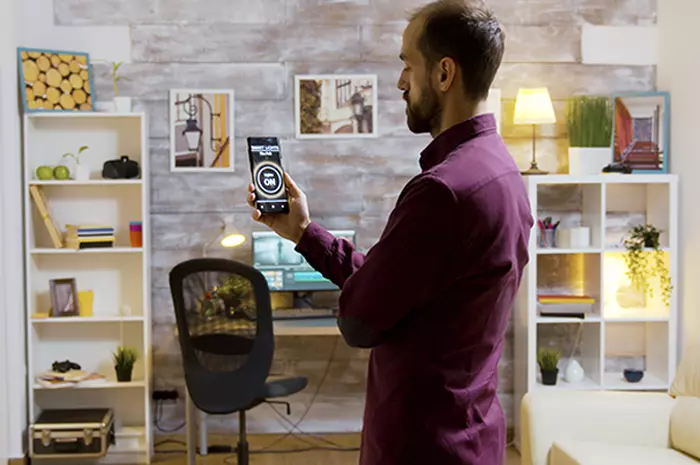

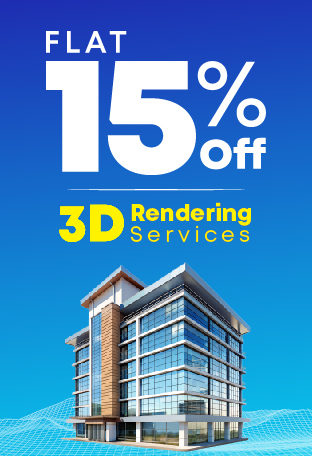
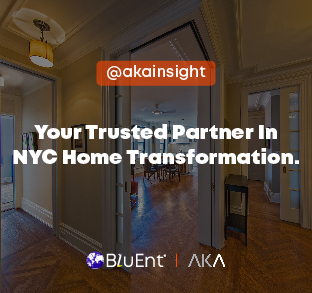

 Contractor vs Subcontractor vs Builder: What’s the Difference?
Contractor vs Subcontractor vs Builder: What’s the Difference? 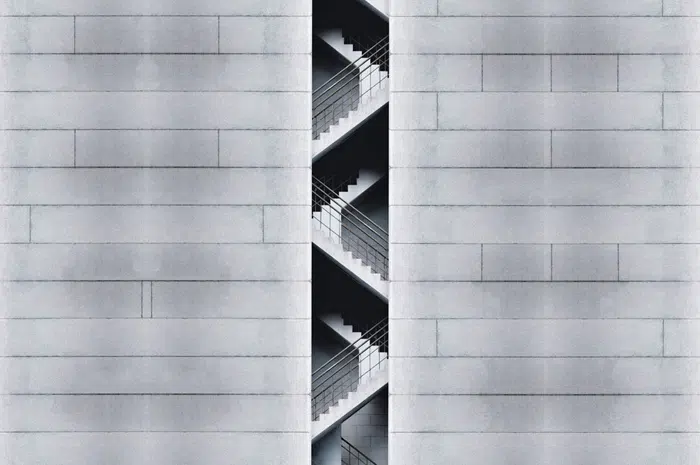 Brutalist Architecture: Exploring Its History, Iconic Structures, Decline, and Revival
Brutalist Architecture: Exploring Its History, Iconic Structures, Decline, and Revival 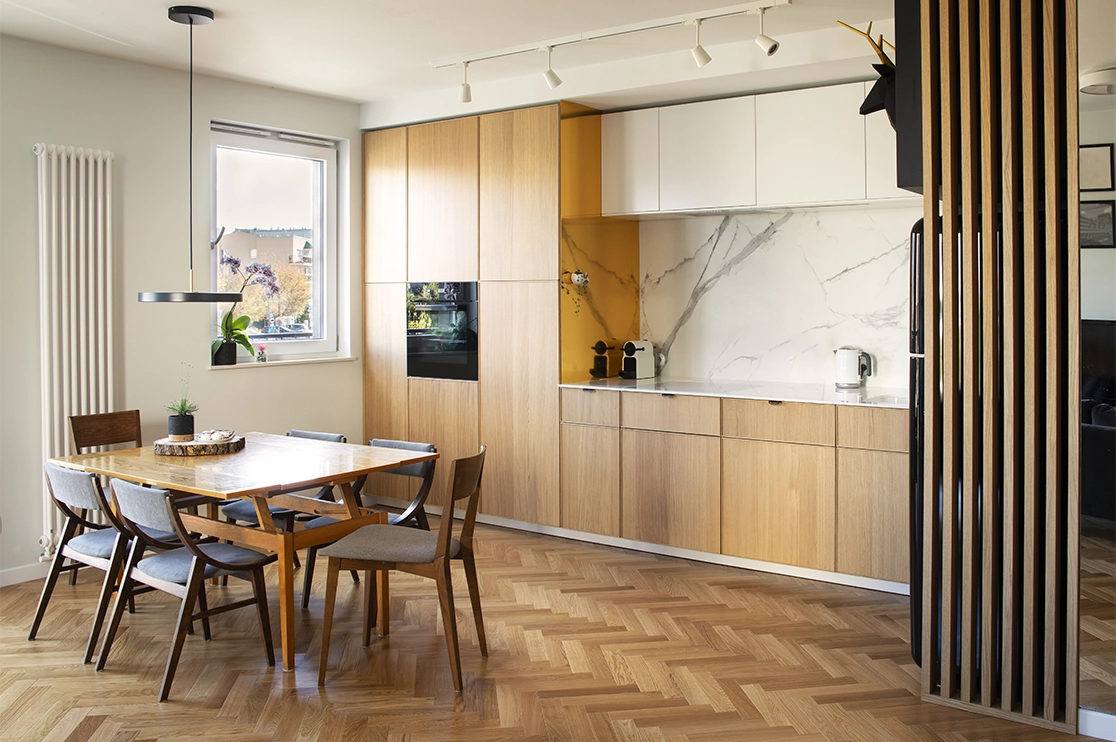 20 Fun Facts About Wood and Woodworking
20 Fun Facts About Wood and Woodworking  Books Every Architect Should Read
Books Every Architect Should Read